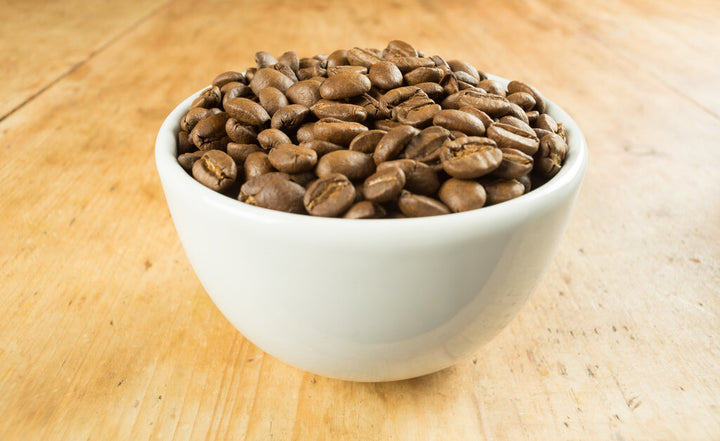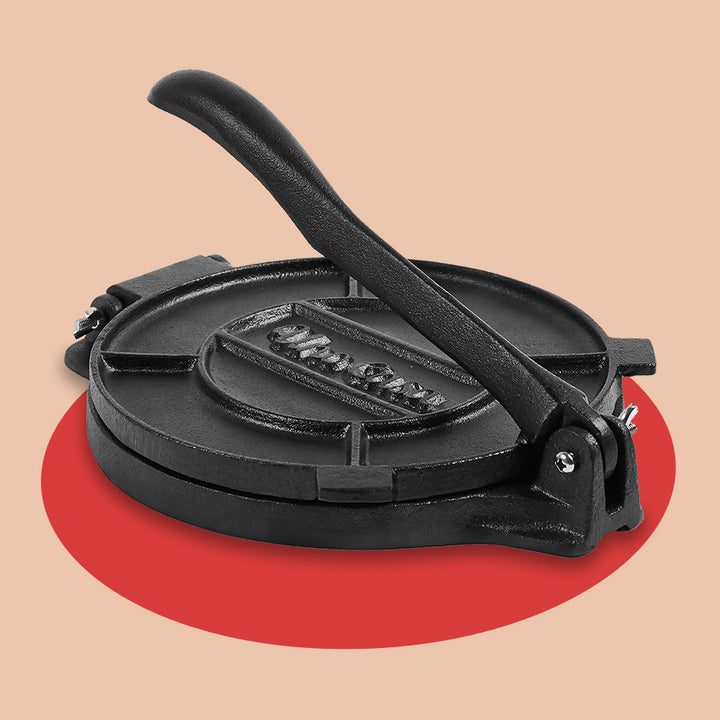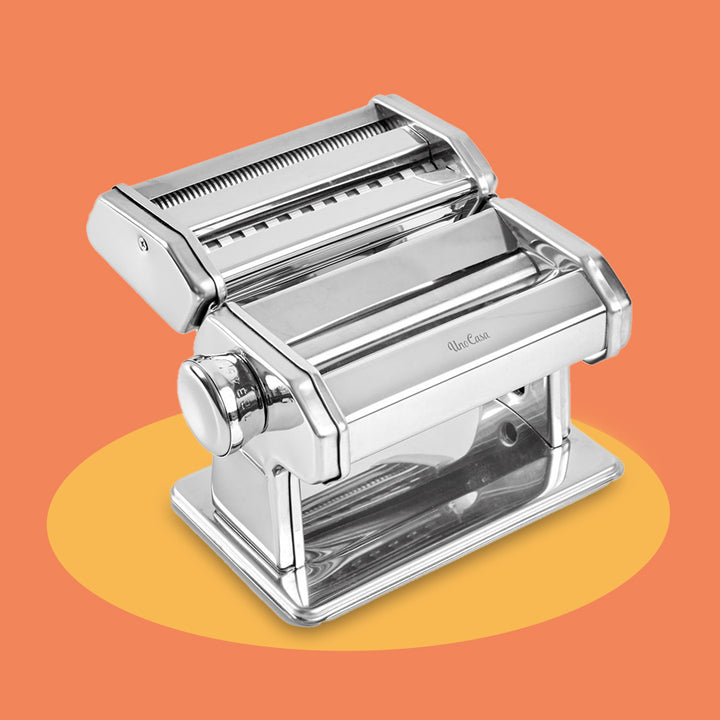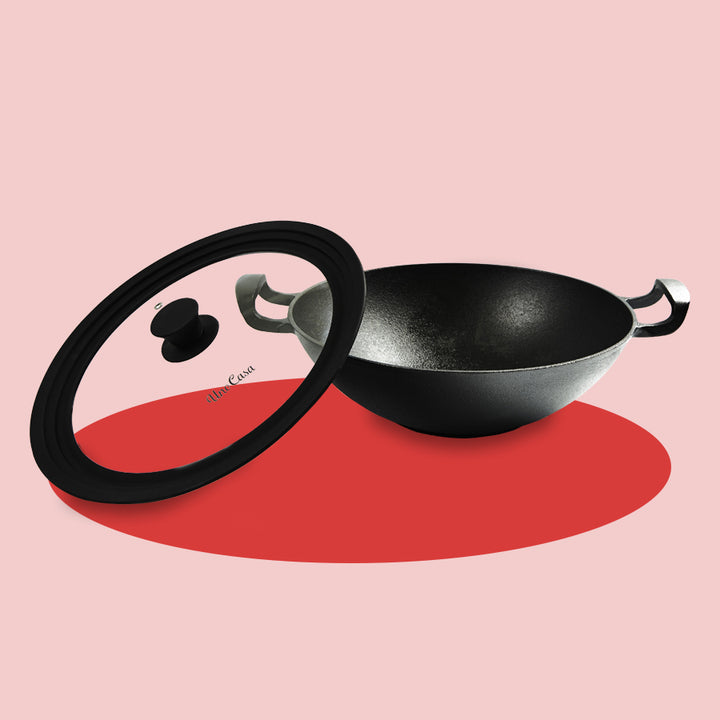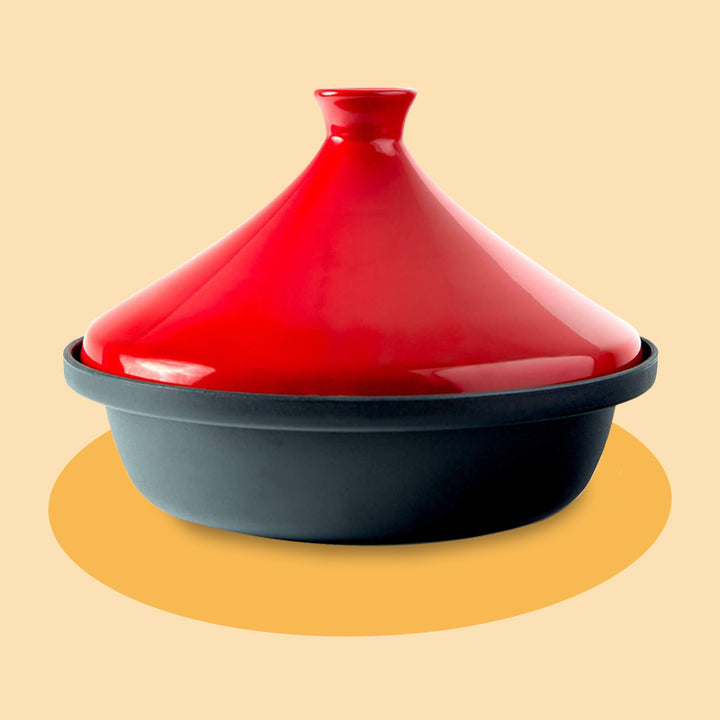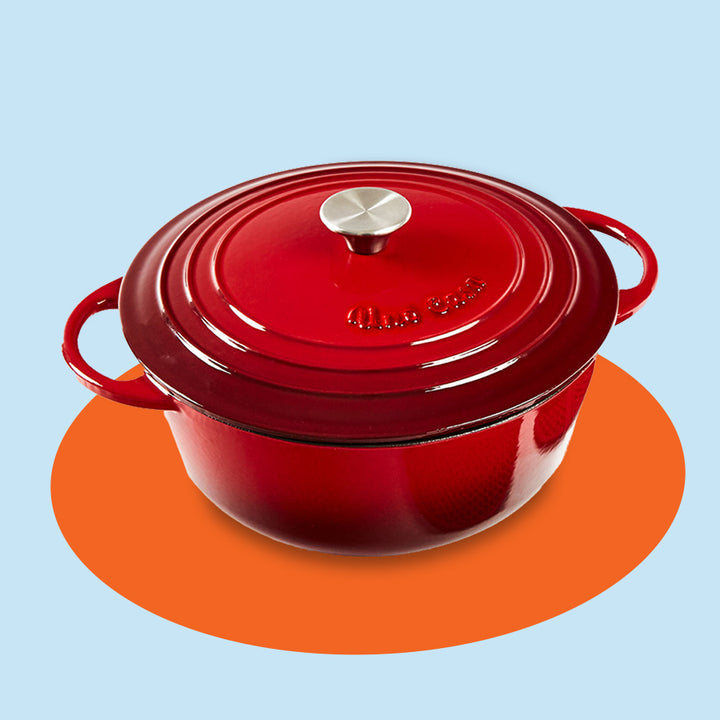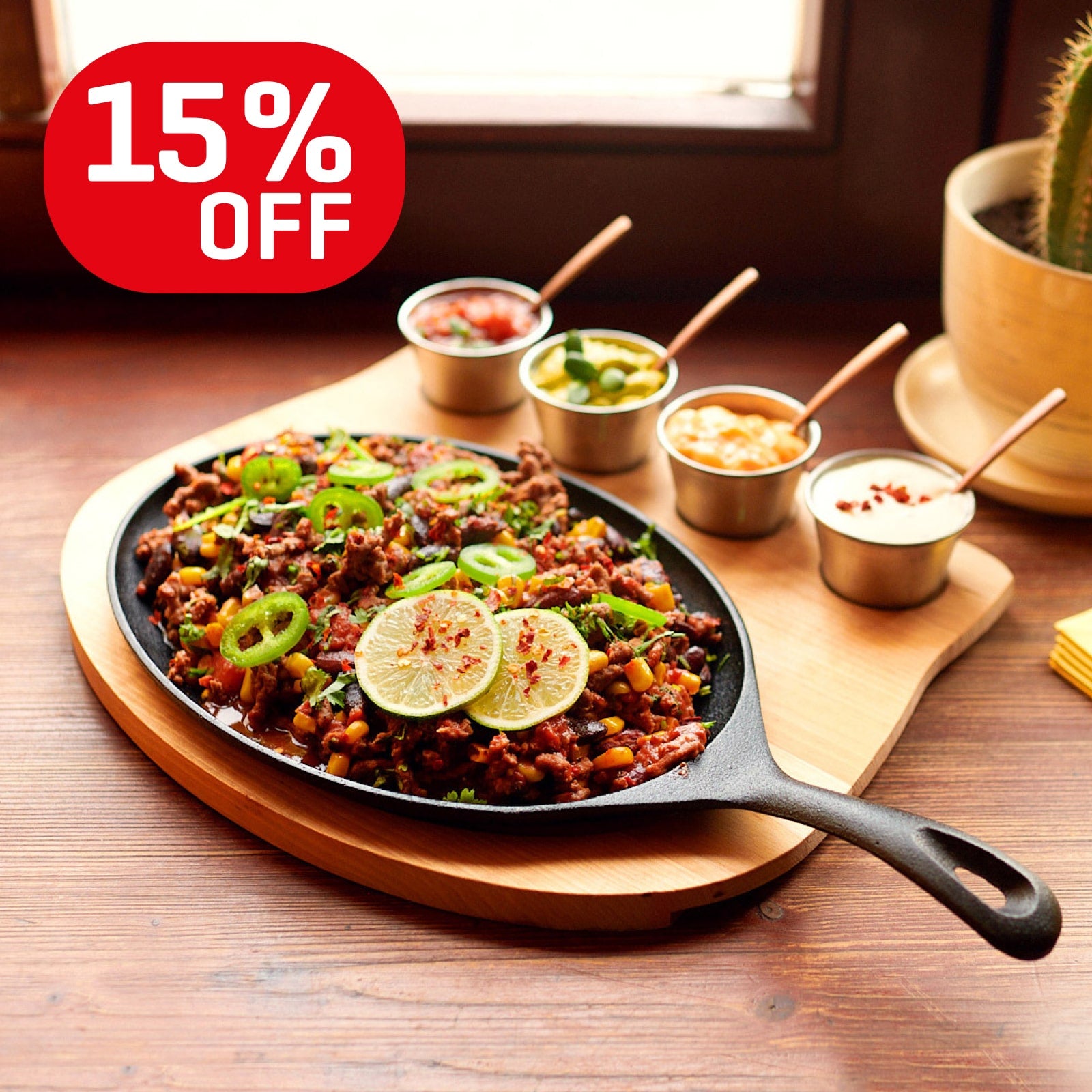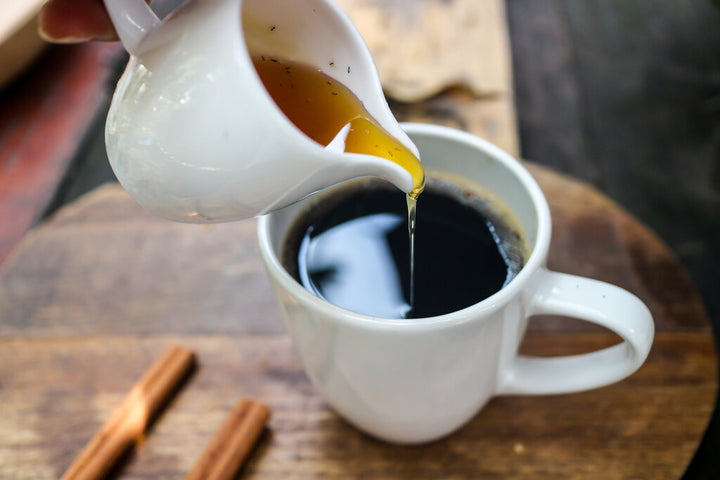Coffee With Milk: Delicious Creamy Coffee

For some of us, preparing coffee with milk is as normal as putting ketchup on fries. While the coffee and milk combo is undeniably a classic, a large portion of the world's population prefers their coffee without the milk!
Some of us are just brought up drinking milk and coffee, but is it actually a strange practice to pair dairy with coffee? Why do we do it, and are there any real benefits to brewing coffee with milk?
Let's pinpoint exactly why some coffee drinkers love it and why some absolutely loathe it!
Why do we drink coffee with milk?
Coffee is such a versatile beverage. We enjoy it hot or ice-cold! Brew it using a pour-over coffee maker, or gooseneck kettle. Long coffees, short coffees, weak coffees, strong coffees! Everyone loves their coffee in their unique way.
But one tried and true coffee combination is the coffee and milk brew. Coffee with milk is prepared in a fantastic variety of ways. There are creamy lattes, foamy cappuccinos, and even the basic instant coffee with milk powder.
But why do we add milk to coffee? For coffee and milk lovers, it’s simple. It’s not just what we are so used to drinking, but it’s delicious. It’s creamy, it’s frothy, it’s deep, it’s rich, and perhaps most importantly, it’s mellow. Milk takes the edge away from the natural bitterness of coffee grounds and can turn even the worst of beans into a warm, smooth drink!
However, on the opposite side of the conversation, coffee purists (espresso lovers, black coffee enthusiasts) will say that adding milk is wrong. They argue it ruins the taste of the coffee itself, and the drink becomes more about the milk than it does about the beans!
Who’s right and who’s wrong? That’s not for us to decide.
What does putting milk in coffee do?
But what does putting milk in my coffee actually do? Well, this depends in part on the type of milk and how the coffee itself is prepared. On a basic level, the milk changes a watery brew into a thick brew. It adds creaminess, and it can add foam.
Milk-based coffee comes on varieties, though. A latte, for instance, is around ⅓ espresso mixed with ⅔ milk. This combination is much weaker in taste and flavor (although much creamier) than a cappuccino, which has much less milk and a frothier finish! You can find more milk-based coffee drinks in our "Types of coffee" article.
Don’t forget, though, that putting milk into coffee also affects the calorie count along with the flavor! A latte is considerably higher in calories than a shot of espresso or a pour-over coffee without any milk.
Regardless of how much milk you’re adding to your brew, be it a dash or a carton, three major components within milk affect the texture, flavor, and nutritional content.
- sugar
- protein
- fat
These three variables (and they do vary, depending on the milk you are using) affect the drink differently. The sugar obviously adds to the sweetness (and to the calorie count), while a high protein count results in much foamier milk when it’s heated and poured. And that’s perfect for a frothy cappuccino! Then there’s the fat content. While we all try to cut down on our fat intake, it’s the fat content in milk that gives the coffee that thick, creamier finish.
And isn’t that the real reason we want to pair milk with coffee?
What’s the best milk for coffee?
As you’ve already deduced, different types of milk give coffee different tastes and textures. But which type of milk is best?
That depends on what your preferences are. For the creamiest taste and texture, you want the fattiest milk (that’s full cream milk.) However, full cream milk is much higher in calories and fat than semi-skimmed or low-fat milk.
There’s a preference for condensed milk in some cultures, which offers a high fat and sugar content and produces a lovely, sweet brew. For vegans and people with a dairy intolerance, the best option is going to be plant-based. Oat milk, soy milk, and coconut milk are all great plant-based options.
Can you brew coffee with milk?
It’s also possible to brew coffee with milk, rather than merely adding milk to your coffee after brewing it. This isn’t quite as popular an option, and it’s rare to see this on the coffee shop menu, but you can give it a try at home.
To brew coffee with milk, you use the same process to cold brew coffee with water. Leave roasted coffee grounds in your milk of choice, and let them slowly brew in the refrigerator. The slow brew process needs at least 12 hours to work but results in a very creamy, yummy brew!
Is it bad to drink coffee with milk?
Some coffee connoisseurs simply don’t enjoy the taste of coffee with milk. They might prefer to enjoy the beans' distinctive taste and the way they’ve been roasted (especially if it’s expensive, gourmet-style coffee!)
But are there any ‘bad’ or negative reasons to drink coffee with milk, other than personal tastes and preferences?
Hot milk can cause you to burn your mouth or tongue, of course, but this is also the case with hot black coffee! Some people have an intolerance to dairy products, but this is a personal circumstance. Most people can drink milk without any problems. However, the growing popularity of plant-based kinds of milk also helps out people with a dairy intolerance.
The most apparent effects to health are the long-term problems associated with excessive fat consumption and high-calorie diets. Lots of milky coffee won’t help you lose weight, of course, but you can switch from high-fat milk to low-fat milk if you’re concerned about your milk consumption.
Coffee with milk: yes or no?
Coffee with milk? That’s a question that will continue to get differing reviews and opinions. For many, adding milk to coffee is simply how it’s done, and there’s really nothing wrong with that. For others, it’s a sin even to contemplate tainting the taste of that perfect roast with foamy, steamed milk!
You might give up those calorific lattes to go on a low fat and low sugar diet, or you could swap out full cream milk for oat milk if you’ve transitioned to a vegan lifestyle. Ultimately, it’s down to your personal preferences, your tastes, and your diet (and in part, your upbringing.)
We won’t judge you for putting coffee in milk or leaving it out!
Either way, it’s not hard to argue that coffee is one of the most extraordinary beverages in the world. Why not bookmark our guide to coffee with milk, so you can decide where your allegiance lies?
Leave a comment
Comments will be approved before showing up.
Also in Tips
